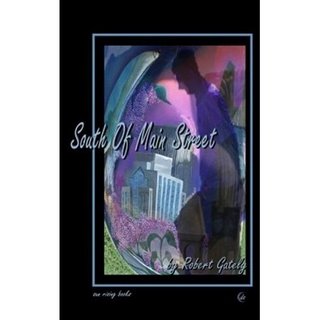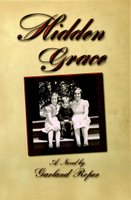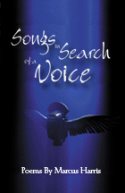 Mary Martin has done it again!
Mary Martin has done it again!If you have read her first book "Conduct in Question", you have witnessed Ms. Martin's art of shedding light of parts of the law that only the "insiders" see. In her second addition to the Osgoode Trilogy, she has taken it one step further. Martin shows how organized deception of the law can quickly evolve into organized crime and who else to expose it than our old friend, Harry Jenkins.
Harry Jenkins is a 'good-intentioned', blindingly-naive, Toronto lawyer who is constantly grasping for the pieces of his life that have gone awry. Harry has two loves in life; his beautiful, seductress girlfriend, Natasha and the Law. His constant struggle to do well and do what is right makes him easy prey to those wishing to manipulate the law and its purpose. Harry is not quick to pick a fight, but when he fights; he fights hard.
In "Final Paradox", Harry is the championed knight of the wealthy Ms. Norma Dinnick, a widowed old woman who constantly floats between lucidity to insanity. Norma sees and hears people who aren't there and has a bounty of conspiracy theories based on all of the people fighting to steal her estate. This might not seem like a difficult task, however, some of her conspiracy theories are true and Harry can't seem to retrieve Norma from oblivion long enough to obtain any straight answers. With so much money on the line, everyone involved begins plotting and consequentially, people begin dying.
While Harry is dealing with the life and death of this case, he is troubled with the suicidal tendencies of his father (who'd never had a word to say to him as a child or a young man), the reluctance of his girlfriend to take their relationship one step further and eerie images of his past that catapulted him down a dark road. As Harry is being bombarded from every angle and by every person possible (some even threatening his life), he is forced to determine just what kind a man he truly is: good or bad.
In the fashion of good literature, Mary E. Martin has created a suspense novel that focuses not only on the climax, but the art of telling the story. The intricate tapestry Martin has weaved in the first two installments of "The Osgoode Trilogy" is worth seeing in theaters. I look forward to reading the final installment.



